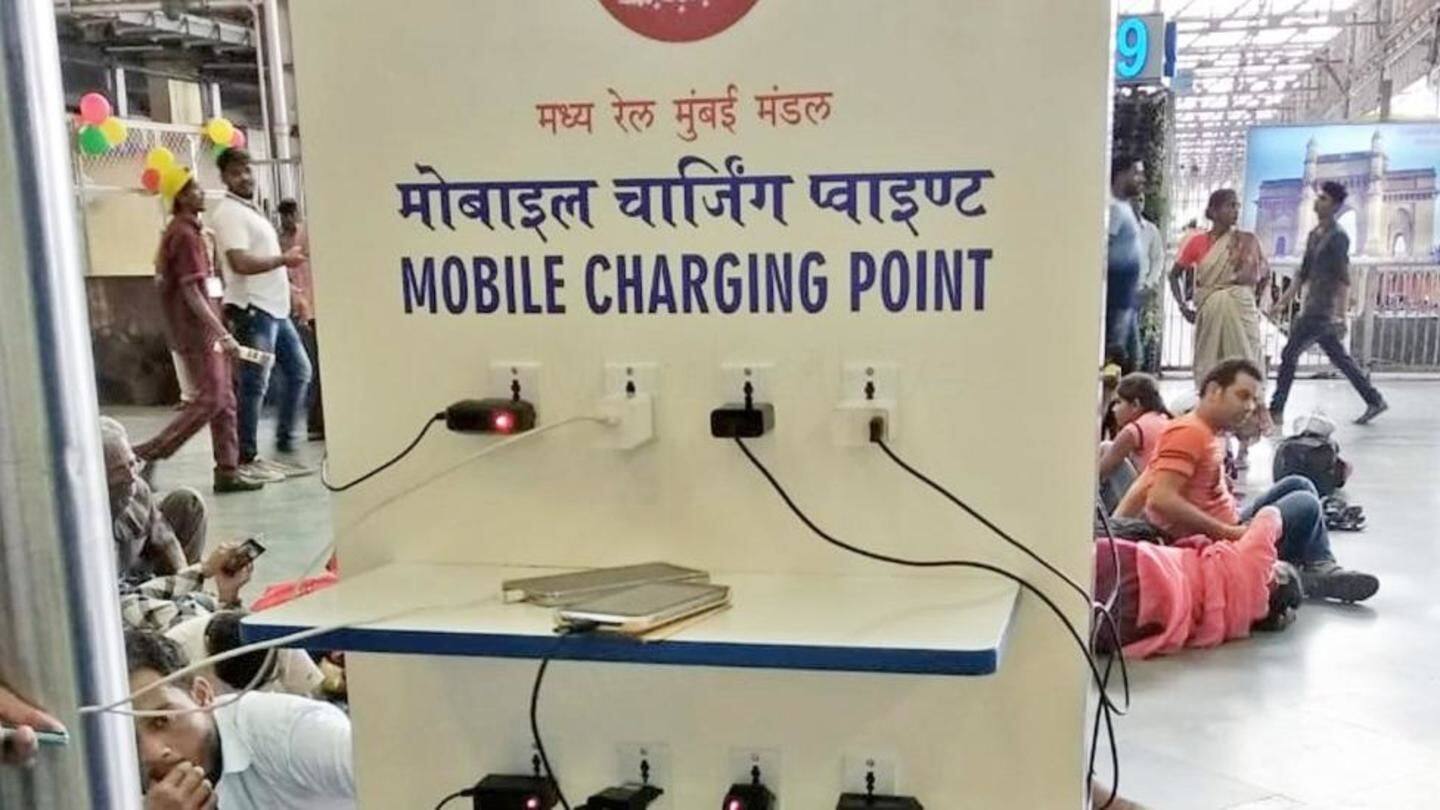
Mobile charging points replace PCOs as 'essential' for Railway passengers
What's the story
In a sign of the changing times, public telephone booths are no longer among 'minimum essential items' for passengers in the Railways' list. Instead, universal charging points, nursing stations and even fly catching machines are the new 'essentials.' According to PTI, about 20,000 booths still exist in railway stations across India. Most have either shut down or diversified to sell other goods.
Industry
A short-lived boom, then a steep fall
PCOs were a novelty in India in the early and mid-1990s, connecting people across the country. That time, the compound average growth was nearly 25%. The peak came in 2009, when there were 50L PCOs in India. As cheaper handsets and tariffs started flooding the market, the number of landlines and PCOs began dipping. In six years, the 50L fell to 5.77L (2015).
Current
Everyone now has a mobile, and PCOs lack patronage: Railways
In the meantime, PCO owners could no longer sustain their livelihood from earnings based solely on the booth, so they introduced other products, like soft drinks and magazines. Removing them from the list of 'essentials,' the Railways cited similar reasons - lack of patronage- and availability of mobile phones with everyone, for getting rid of them. The list is issued based on projected earnings.
Rules
A 2004 Railway policy meant protection for PCOs
The Railways has helped protect this fast-dying-out species. According to a 2004 policy, all 'A' class non-suburban stations were supposed to have two booths with STD/ISD/Local/FAX/Internet facilities on each platform. At 'B' and 'C' class stations, one booth on each platform was sufficient. At 'D' class stations, two booths in each station, and at 'E' and 'F' stations, one booth was mandatory.
Data
Meanwhile, mobile connections have grown to 1,183.41mn
In the meantime, mobile phone usage has increased tremendously, with the number of connections standing at 1,183.41mn. Now, the need for charging points is much more than phone booths, a fact conveyed accurately by the Railway's April modification in its 'essential items' list.